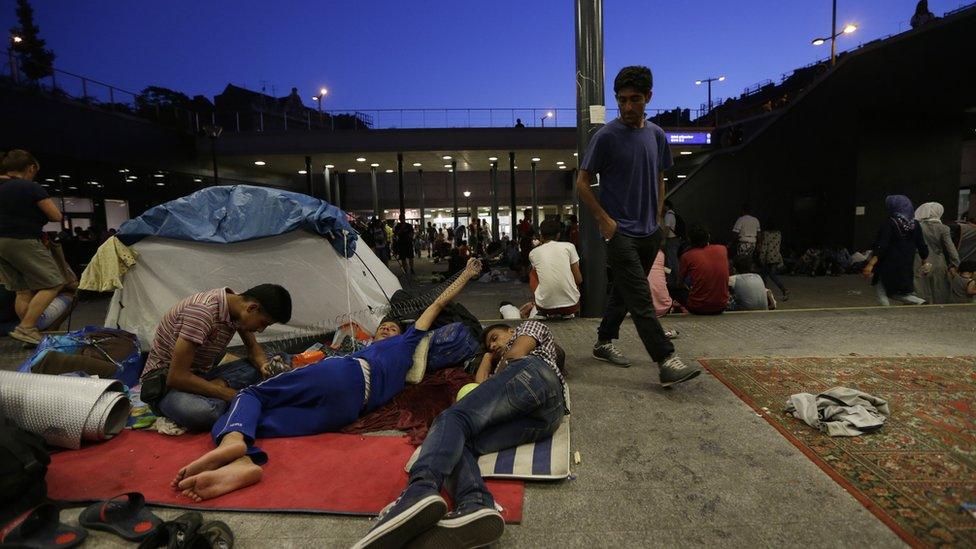Migrant images put pressure on UK policy
- Published
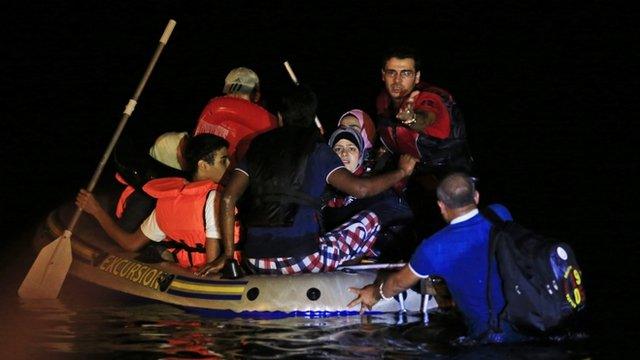
Only the hardest of hearts would not be moved by the latest images of the people who have been caught up in the danger and chaos of this mass movement.
Images of a toddler, washed up on a beach in Turkey, ram home the sometimes deadly consequences of what is going on.
Right now though there seems little prospect of the UK government shifting its position on taking in more refugees, as EU leaders and Labour opponents have been calling for.
Although these latest images are heart wrenching, David Cameron's conviction is that it's more effective to tackle the cause not the symptom of this crisis.
That means substantial amounts of taxpayers' money going to provide food and shelter to refugees on the edges of Syria, to help on the ground. And diplomatically pushing for a political process that can move that country towards peace.
It does not mean throwing open the doors to many more Syrian refugees.
Quid pro quo?
But there are two other parts to the logic of sticking to the position. First, despite what's going on, there is not huge public appetite for the government suddenly to act.
Second, there is a caution about sending a signal to other kinds of migrants, rather than refugees seeking safety, that makes the UK seem a more attractive destination at a time when the government is trying to limit the numbers.
Could that change? Of course. The intensity of the need means the calls to "do more" grow louder every day.
The public imagination, and that of Conservatives, could be stirred by the images to the extent that a shift becomes inevitable. As politicians drift back after their summer break the volume of voices might become too intense.
Or, the incentive to take more refugees as part of a wider deal with Europe - quid pro quo - might become tempting too.
Yet at this moment, there is nothing to force the prime minister to budge. But don't be surprised if the pressure on him to shift continues to build.
- Published1 September 2015
- Published1 September 2015
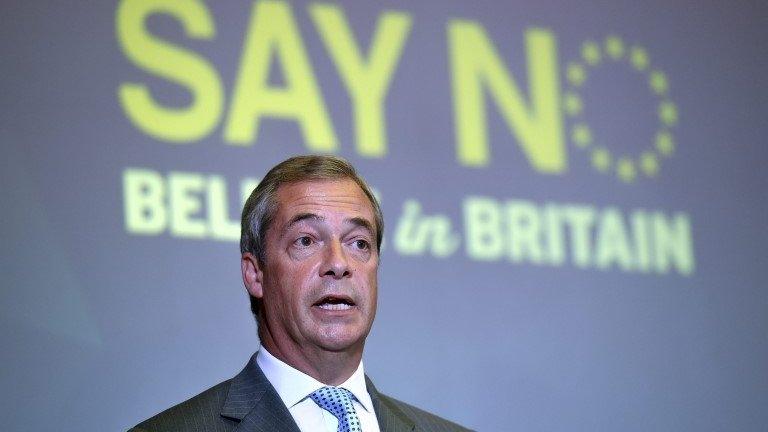
- Published20 February 2016
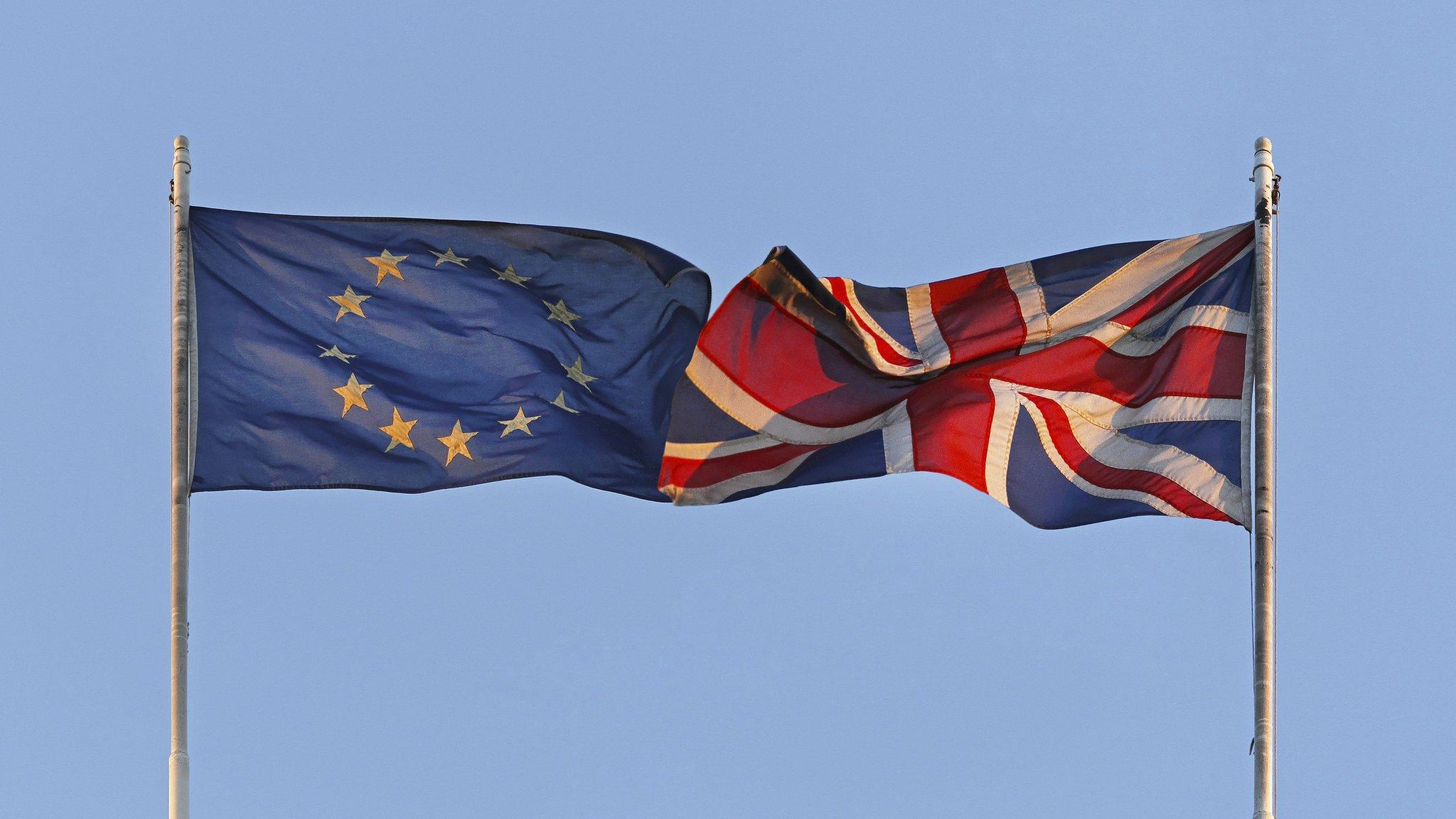
- Published26 May 2016
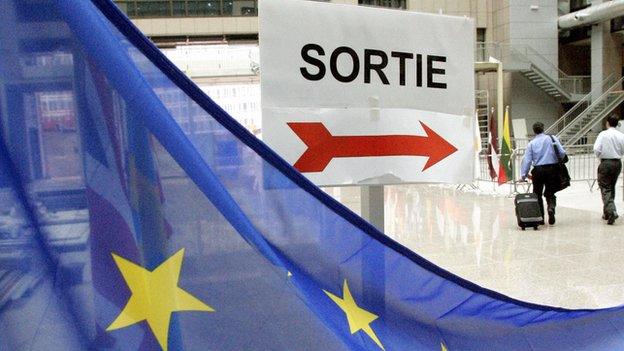
- Published1 September 2015
